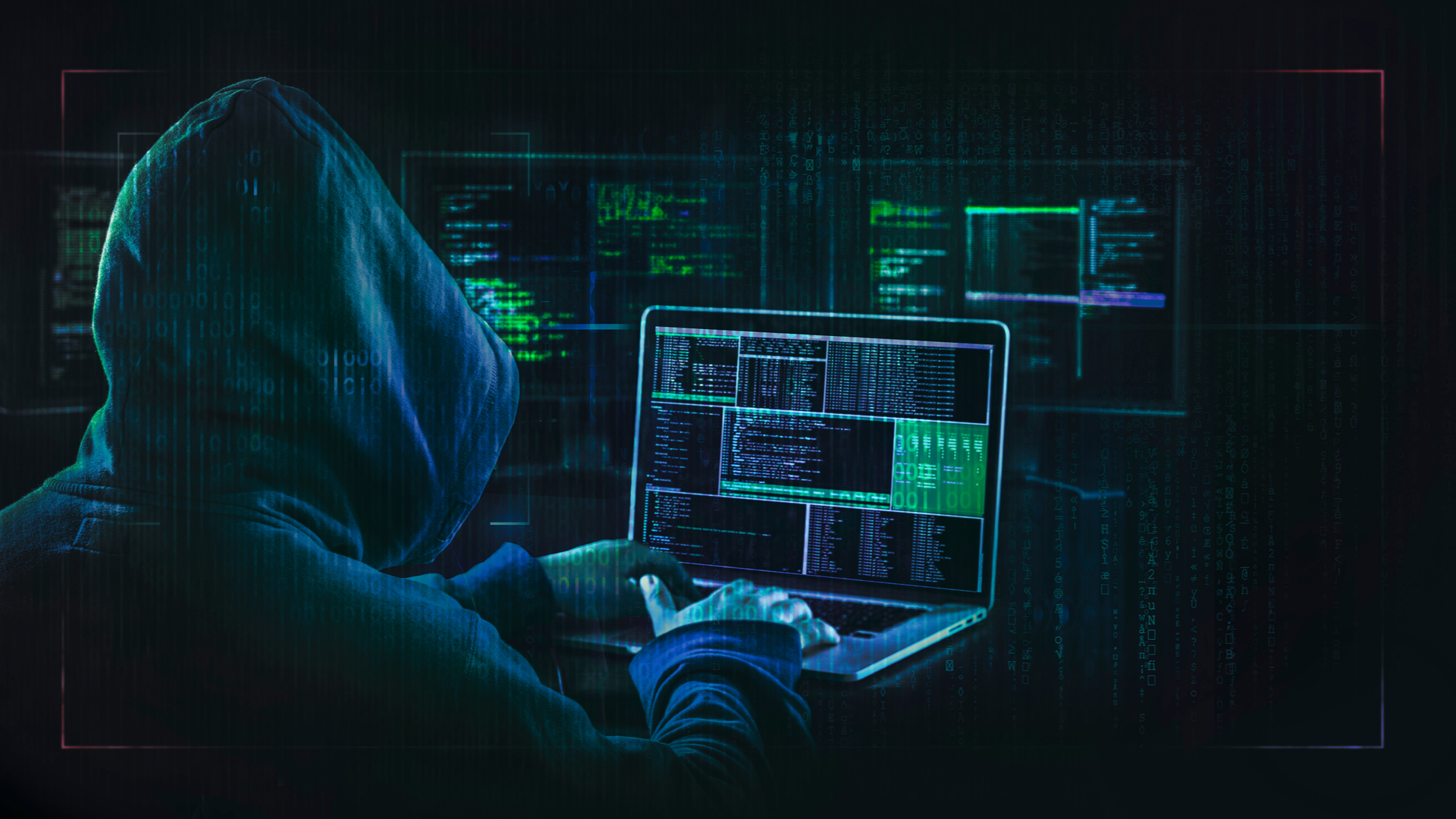Nuclear power stations, airports at risk after hackers breach security giant
Gunnebo hack sees 38,000 sensitive documents leaked

Swedish security firm Gunnebo, which boasts a variety of high-level customers, including airports, banks, government agencies and nuclear plants, has had important documents stolen following a substantial hacking operation. Although the hack took place some months ago, the effects of the break-in are only just coming to light.
Back in March, Gunnebo Group was informed by KrebsOnSecurity that hackers had infiltrated its network and sold access to a criminal group with a history of deploying ransomware attacks. Some months later, Gunnebo confirmed that it had been the victim of a cyberattack but believed that due to its fast response, the impact would be insignificant.
It has now been revealed, however, that 38,000 documents were stolen during the attack and subsequently uploaded to a public server. It is thought that many of the documents are security blueprints, including details regarding at least two German banks and the Swedish parliament.
- We've put together a list of the best endpoint protection software
- Here's our list of the best antivirus solutions available
- Check out the best ransomware removal tools for your business
Not so secure
It’s not entirely clear how hackers gained access to Gunnebo’s network, although it is thought that it could involve the stolen credentials of a remote desktop protocol account being used by a Gunnebo member of staff. It has also been revealed that the stolen password in question was ‘password01’ – an embarrassing disclosure for any company, but particularly one working in the security industry.
According to reports, Gunnebo CEO Stefan Syrén has attempted to downplay the significance of the breach, adding that paying the ransom fee was never a consideration for the firm. Currently, it remains unclear how many individuals have accessed the server containing the stolen documents.
Although a security firm becoming the victim of a cyberattack is certainly ironic, it is not surprising. Gunnebo primarily deals in physical security products, including interlocking doors and video surveillance, which may explain why it took its eye off the ball when it came to its own digital security protocols.
- Also check out our roundup of the best cloud antivirus software
Via KrebsOnSecurity
Are you a pro? Subscribe to our newsletter
Sign up to the TechRadar Pro newsletter to get all the top news, opinion, features and guidance your business needs to succeed!
Barclay has been writing about technology for a decade, starting out as a freelancer with ITProPortal covering everything from London’s start-up scene to comparisons of the best cloud storage services. After that, he spent some time as the managing editor of an online outlet focusing on cloud computing, furthering his interest in virtualization, Big Data, and the Internet of Things.
